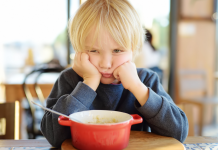No matter one’s age, big emotions are HARD. That’s why as parents, one of our most important responsibilities is to teach our tiny humans about difficult emotions…and how to handle them. As a professional therapist, I thought that having this talk would be easy. And then I had kids. Turns out, it really isn’t. Emotions are challenging to describe, and no two children come at it with the same perspective. Thankfully, like most tricky topics, there is an entire treasure trove out there of fantastic picture books to talk about big emotions.
Reading children’s books to facilitate dialogue.
We all know how important reading to our children is. But over the years, it has become clear to me that in order for the book’s message to really sink and evolve into a fruitful dialogue, we have to act beyond the printed pages and colorful illustrations. Whether its an important topic, like racism (get that book list here), or simply a silly story about dragon tacos, there is an art to reading children’s books, and everyone can master it!
Ask open-ended questions.
This is a very simple approach that can be applied with any conversation, but is helpful when talking about big emotions. Ask questions that allow the lister to really respond and not just resort to yes-and-no retorts. When reading you can ask, “What do you think of that surprise?” or “I wonder what’s going to happen next?”. This gives the young listener a chance to digest a bit of the story and engage with minimal prompting.
Make obvious comments
This strategy is always a winner for us when we are reading a book, especially ones with little or no words. Throwing in a “gosh, she’s looks sad!” or “that path seems difficult” can be a great hint in scratching the conversational surface. Similarly, stating phrases like, “that ocean sure looks deep!” can prompt the listening kiddo to be more mindful of images within the story that provide important clues to the book’s bigger message.
Foster space for thought.
Sometimes less commentary is better. If we can hold back our own perspectives and observations during the story, it allows the listener to be mindful of their own questions and responses. If you can help it, try to bite back words here and there and create space for your child to ask questions or make comments when reading books about big emotions.
Follow up and connect the dots.
Often, I am surprised at how much kids can digest a picture book and then reference it later. Helping this connection along can sometimes be valuable in having big-emotion talks. When your child is struggling with a difficult emotion, it can be an ideal moment to help connect the dots and point out the similarities to a book you’ve read together. For example, if your child is experiencing anger, it’s a great chance to offer support with a phrase like, “hmm, the way your body is tensed up right now reminds me of just how Sophie looked in that book we read yesterday.” This strategy can be particularly helpful for school-aged children whose emotional awareness is starting to blossom.
Our picture-books-for-big-emotions booklist:
Anger
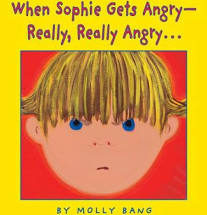
When Sophie Gets Angry- Really, Really Angry by Molly Bang
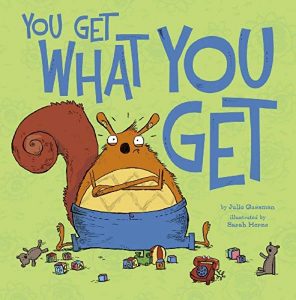
You Get What You Get by Julie Gassman
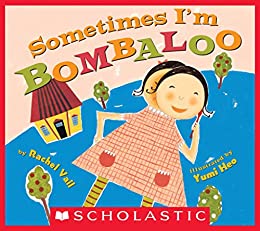
Sometimes I’m Bombaloo by Rachel Vail
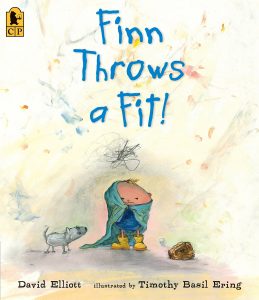
Finn Throws a Fit! by David Elliott
Grouchy Mood

Alexander And The Terrible, Horrible, No Good Very Bad Day by Judith Viorst
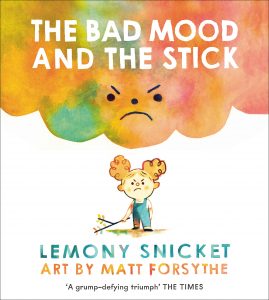
The Bad Mood and The Stick by Lemony Snicket
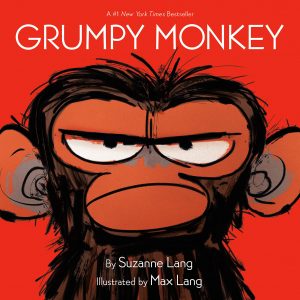
Grumpy Monkey by Suzanne Lang
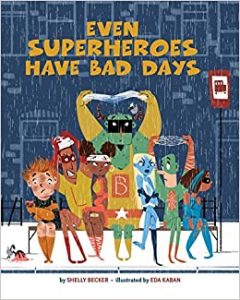
Even Superheroes Have Bad Days by Shelly Becker
Sadness
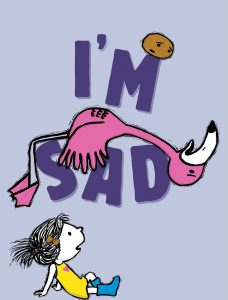
I’m Sad by Michael Ian Black
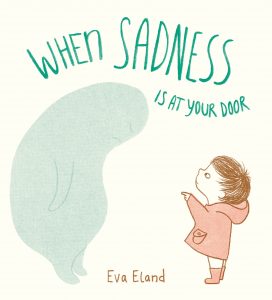
When Sadness Is At Your Door by Eva Eland
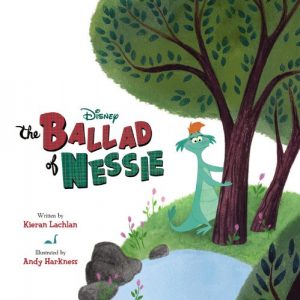
The Ballad of Nessie by Kieran Lachlan
Worry & Anxiety
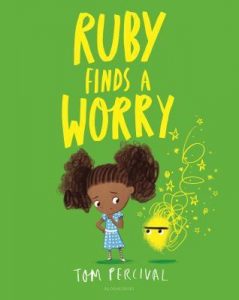
Ruby Finds A Worry by Tom Percival
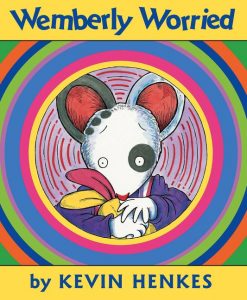
Wemberly Worried by Kevin Henkes
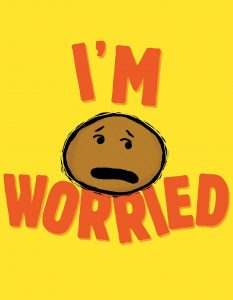
I’m Worried by Michael Ian Black
Fear
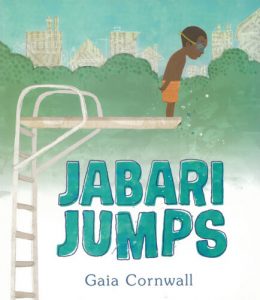
Jabari Jumps by Gaia Cornwall
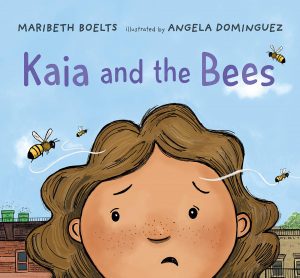
Kaia And The Bees by Maribeth Boelts
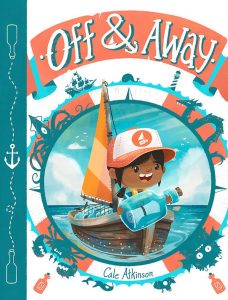
Off And Away by Cale Atkinson
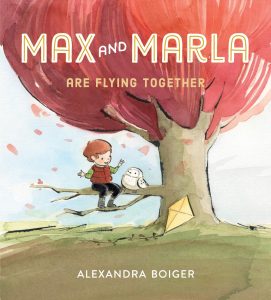
Max And Marla Are Flying Together by Alexandra Boiger
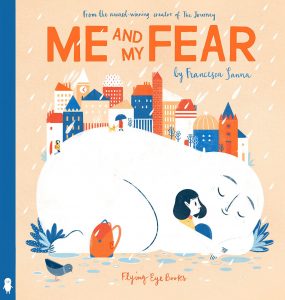
Me And My Fear by Francesca Sanna
Guilt
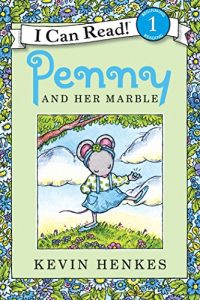
Penny And Her Marble by Kevin Henkes
Envy
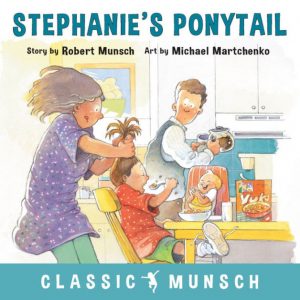
Stephanie’s Ponytail by Robert Munsch
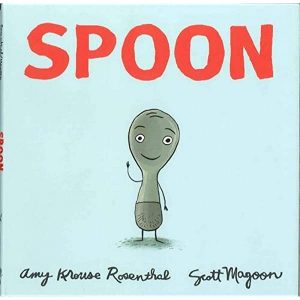
Spoon by Amy Krouse Rosenthal
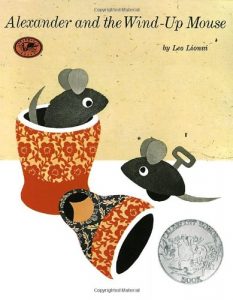
Alexander And The Wind-Up Mouse by Leo Lionni
Books About Feelings in General
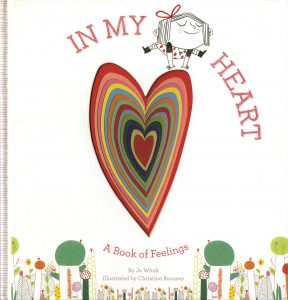
In My Heart by Jo Witek
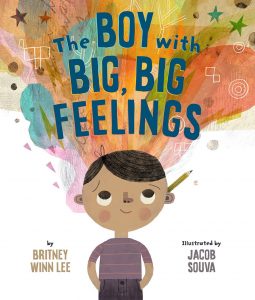
The Boy With The Big, Big Feelings by Britney Winn Lee
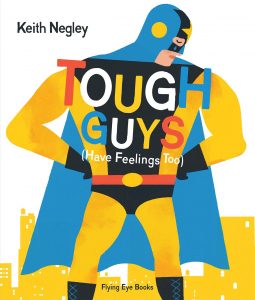
Tough Guys (Have Feelings Too) by Keith Negley
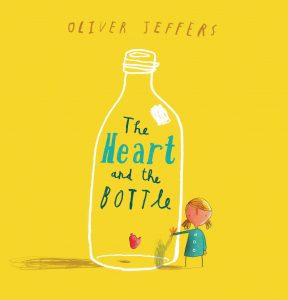
The Heart And The Bottle by Oliver Jeffers
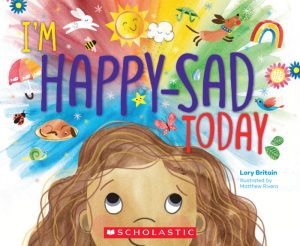
I’m Happy-Sad Today by Lory Britain
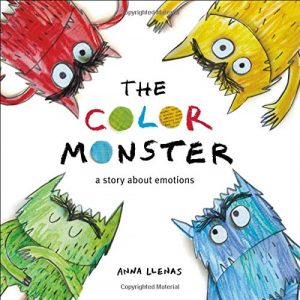
The Color Monster: A Story About Emotions by Anna Llenas
What books do you and your family love that talk about big emotions? Share your top picks in the comments below!




